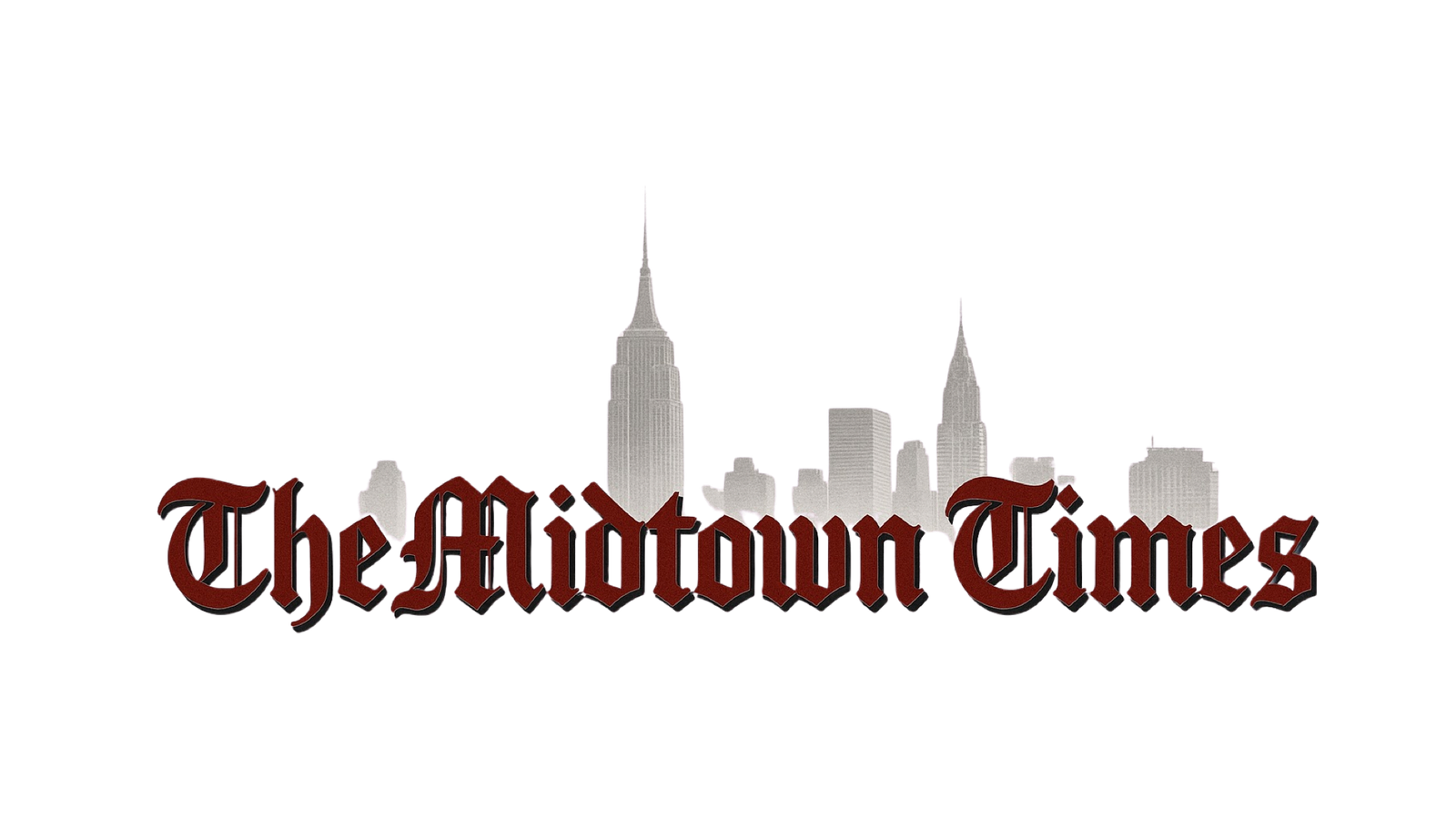The Midtown Times
Trump’s Social Media Posts Stir Controversy with AI-Generated Content
Washington (MT) — As Democrats gather in Chicago for their national convention, former President Donald Trump has taken to his social media accounts to stir controversy with a series of posts that experts say blur the line between reality and fiction.
In the days leading up to the Democratic National Convention, Trump shared a doctored image depicting someone resembling Vice President Kamala Harris addressing what appeared to be a communist rally in Chicago. The image featured a red banner emblazoned with a communist symbol, which experts quickly debunked as fabricated.
This post follows other questionable content from Trump, including a manipulated video showing him dancing next to billionaire Elon Musk, who has publicly supported Trump in the past. The video was quickly identified as fake.
Just before the convention commenced, Trump reposted another misleading image—this time of pop star Taylor Swift dressed in an Uncle Sam outfit, falsely claiming that she had endorsed his campaign. Swift, a known advocate for various progressive causes, has never endorsed Trump.
These posts are the latest examples of how Trump has used artificial intelligence (AI) tools to spread disinformation and create misleading narratives. This strategy aligns with his long-standing approach of amplifying fringe messages, whether from conspiracy theorists or those who challenge the legitimacy of fair elections, to energize his base and promote alternate realities.
While some of Trump’s AI-generated content is cartoonish or blatantly fake, experts express growing concern over the rise of such content on political, and social media. The increasing prevalence of AI-manipulated images, videos, and audio clips risks eroding public trust in digital content, making it harder for people to discern what is real.
As generative AI tools become more sophisticated, the potential for spreading believable yet false information becomes a significant threat. Experts warn that the saturation of fake content in social media feeds could lead to widespread disinformation, further polarizing the political landscape and undermining the democratic process.
The spread of AI-generated content underscores the need for heightened awareness and critical thinking among social media users and more robust safeguards to prevent the proliferation of disinformation in the digital age.
Stay tuned to The Midtown Times for further updates on the impact of AI in politics and other developing stories.
Story Published on August 21, 2024 at 02:15 PM EDT | Photo Credit: AP

The Midtown Times is committed to delivering accurate, timely, and comprehensive news to our readers.









